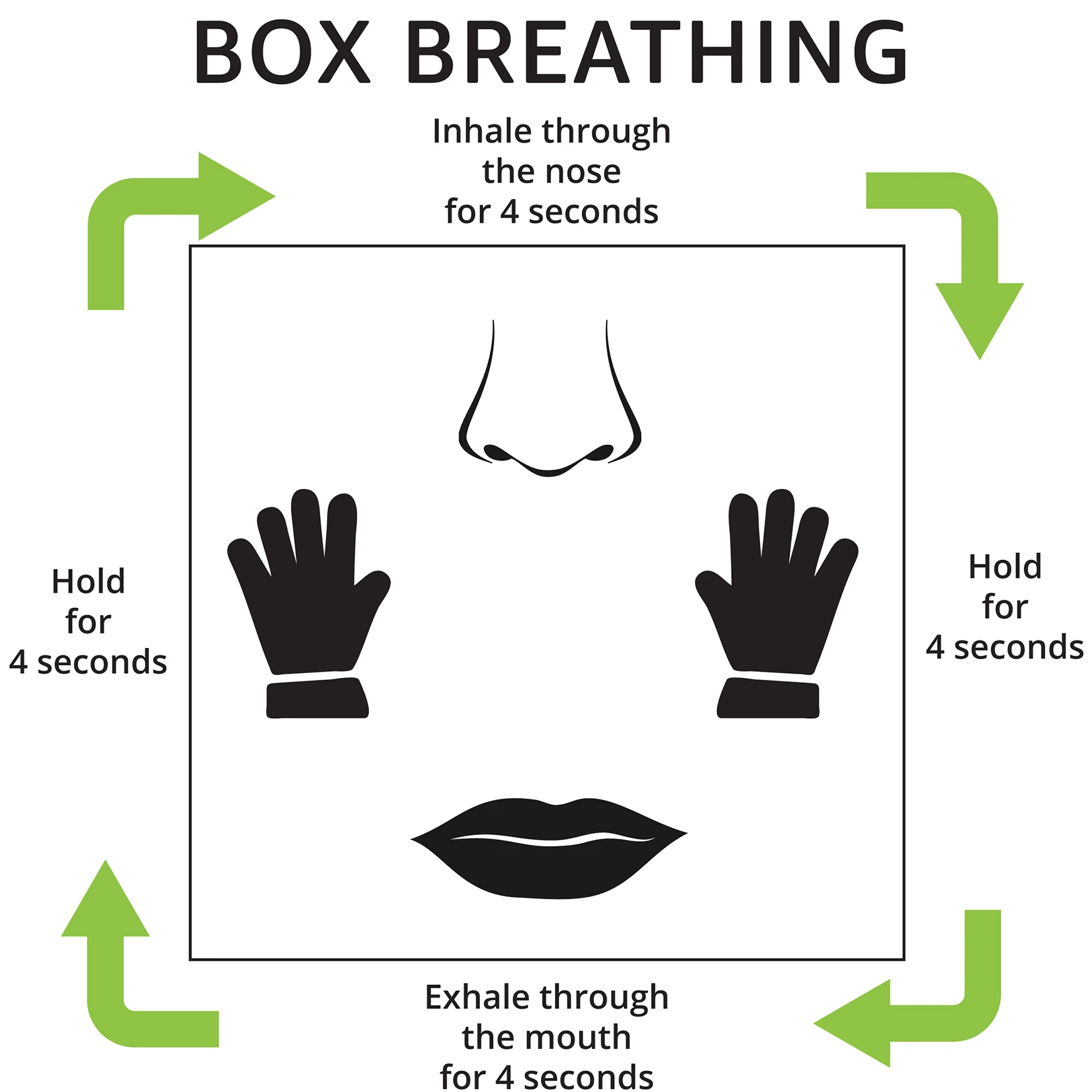
Stress is a natural part of life—but when it becomes chronic, it can wreak havoc on your body, including your skin.
When we’re stressed, our bodies release cortisol, the primary fight-or-flight hormone. In truly dangerous situations, cortisol is incredibly useful—it heightens alertness and prepares us to respond quickly. But our bodies aren’t built to stay in that high-alert state indefinitely.
Prolonged cortisol elevation can lead to a cascade of health issues, including:
And that’s just the internal impact. Chronic stress also affects your skin in powerful ways:
Can stress cause dry skin? YES!
Can stress cause skin rash? YES!
Can stress cause itchy skin? YES!
Can stress cause psoriasis? YES!
Can stress cause oily skin? YES!
Can stress cause eczema? YES!
Move your body: Exercise lowers stress hormones, boosts circulation, and lifts your mood. Aim for 30 minutes of moderate activity most days, and take short movement breaks every hour—even one minute helps.
Create a calming skincare ritual: Enjoy a gentle routine twice a day. The act of caring for your skin can be grounding and soothing.
Unwind intentionally: Make time for activities that bring joy—reading, dancing, gardening, meditating, or listening to music. Even five minutes counts.
Spend time outdoors: Fresh air and nature’s sensory richness can calm the nervous system. Seek out quiet, clean-air spaces when possible.
Laugh often: Humor is a powerful stress reliever. Watch something funny, share a joke, or spend time with people who make you smile.
Connect with animals: Look at pictures of baby animals or spend time with your pet—both can lower cortisol and boost oxytocin.
Reach out: Talk to a trusted friend, family member, or therapist. Sharing your feelings helps lighten the emotional load. Consider joining a support group or online community for people navigating similar skin challenges.
Limit social media: Reduce exposure to comparison, negativity, and information overload.
Let go of perfection: Aim for “good enough.” Progress matters more than flawless execution.
Avoid procrastination: Tackling tasks early prevents last-minute stress and mental clutter.
Tame your inbox: Set boundaries around email and messages. Explore strategies like “Inbox Zero” to stay organized.
Say “no” with grace: Protect your time and energy by declining what doesn’t serve you. Delegate when possible.
Prioritize sleep: Rest is essential for skin repair and emotional resilience. Aim for 7–8 hours of quality sleep each night.
Try calming tools: Consider using Corum Downtime Relaxing Serum to support relaxation and skin recovery.
Practice deep breathing: Techniques like box breathing (20–30 minutes daily) can significantly reduce stress levels.

Eat for resilience: Use food as fuel, not escape. Minimize sugar, processed carbs, caffeine, and alcohol. Focus on whole foods—fruits, vegetables, fish, nuts, and lean proteins.
Reevaluate your work life: If possible, request flexible hours—or consider a role that better supports your wellbeing.
Seek professional support: Talk to your doctor about stress-related symptoms or skin conditions.
Lean into spiritual care: Whether through prayer, reflection, or quiet time, connecting with something greater can offer peace and perspective.